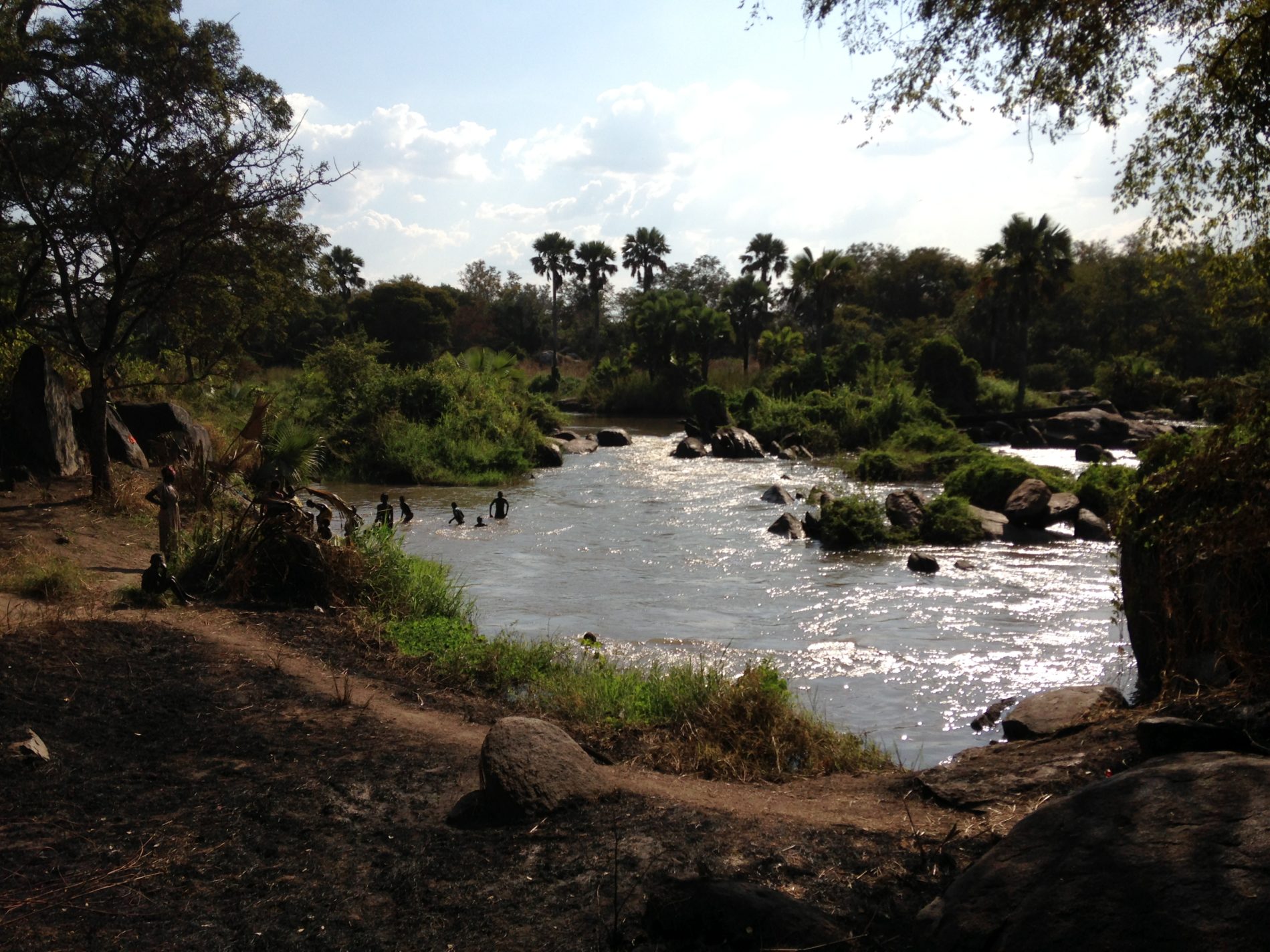13 insights from new humanitarian research studies in 2023

Our Research for Health in Humanitarian Crises (R2HC) programme supports research-practice collaborations aimed at improving the public health response in humanitarian crisis.
Here’s a round-up of the R2HC research studies that closed in 2023 and what we can learn from them:
1. What are the impacts of providing cooking fuel in refugee camps?
Providing free cooking fuel to Rohingya refugees reduced deforestation near refugee camps, improved refugees’ food security, mental and physical health, and lessened tensions with host communities.
2. Preventing devastating 'river epilepsy'
A multi-pronged, community-centred package of interventions is proving effective at tackling onchocerciasis and nodding disease in South Sudan.
3. Can multisectoral needs assessments be done online?
Not only can multi-sectoral humanitarian needs assessments be done online, but they also produce the same results as interviews.
4. Does the source of health information matter?
Running a randomised controlled trial (RCT) to test a hypothesis about public health misinformation during COVID-19 was… challenging (but attention to the Theory of Change could have strengthened the study).
5. Reaching refugees during the COVID-19 pandemic
Telephone-based ‘interactive voice response’ technology could assist with information dissemination and data collection during outbreak responses.
6. Child-friendly spaces: understanding effective implementation
Child Friendly Spaces have psychosocial benefits for young people, but complementary programming is needed alongside them, to strengthen child protection and sustain impact for communities.
7. Impacts of cash-plus programs on child marriage
Multi-sectoral ‘cash-plus’ interventions significantly reduced childbearing and marriage among adolescent girls in drought-affected Wajir County, Kenya.
8. Post-abortion care needs in fragile or conflict-affected settings
Women and girls in fragile settings experience more severe complications from abortion than shown in similar studies in stable settings.
9. Improving the mental health of male refugees
An RCT is the next step to test whether combining the mental health intervention Self-Help Plus with a substance misuse intervention is effective in reducing psychological distress in refugees.
10. The impact of attacks on Syrian health systems
A decade of violent attacks on Syrian hospitals has had deep, severe impacts on the health system, workforce, and people’s access to healthcare.
11. Effective pneumococcal vaccination campaigns in displaced populations
Humanitarian organisations should consider integrating pneumococcal conjugate vaccine campaigns for – as a minimum – children under five-years-old into routine humanitarian response.
12. Impact of cash-based programming on intimate partner violence and food insecurity
A seasonal ‘cash for work’ programme in South Sudan had no effects, either positive or negative, on either intimate partner violence or food insecurity amongst the participants.
13. How can we measure independence after injury in humanitarian settings?
A new tool to measure independence in patients recovering from traumatic injury proved effective and reliable when tested in humanitarian contexts.
Stay updated
Sign up for our newsletter to receive regular updates on resources, news, and insights like this. Don’t miss out on important information that can help you stay informed and engaged.
Explore Elrha
Learn more about our mission, the organisations we support, and the resources we provide to drive research and innovation in humanitarian response.